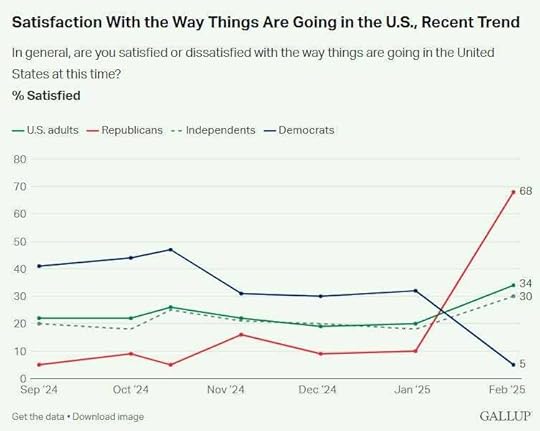Trump, the Unavoidable

He looks like an emperor, speaks like an emperor, acts as an emperor. Maybe he IS an emperor?
Julius Caesar, the first leader of the Roman Empire, is one of the best-known figures of ancient history, so much that we have a term called “Caesarism” to indicate those modern rulers who follow his example. Our calendar still includes a month called “July” in his honor. And up to about one century ago, we still had country leaders whose title referred to Julius Caesar’s rule in Rome: the Kaiser in Germany, and the Czar in Russia.
Julius Caesar was a successful general who added large swaths of land to the Roman state and defeated his enemies in battle. He reformed the calendar and was also an accomplished author and historian. But there were other successful generals in Rome in his times. Then, Caesar never held the official title of "emperor" in the sense of a hereditary monarch and, in any case, his rule lasted only five years before he was assassinated. What made him so immensely popular for more than two millennia?
Simple: he was the right person at the right time. Caesar was unavoidable.

At the time of Julius Caesar, the resources that had created the Roman state, mainly the gold mines of Spain, were starting to show signs of depletion. At the same time, the “easy” enemies, close by and not very strong, had already been plundered. All that was left to conquer were remote regions that couldn’t bring back as much loot as before. The economic return of conquest (you could call it the “EROI” of war) was falling. The Roman state was a classic example of what Joseph Tainter would call the “diminishing returns to complexity.” It had become too big.
At this point, a perverse mechanism started to kick in. For a Roman general, getting rich by plundering the state became easier than engaging in uncertain military campaigns in remote regions. That meant one thing: corruption. It was rampant everywhere, and the Roman armies were fighting more often against each other than against external enemies. The Numidian King, Jugurtha, kept the Roman Legions away not by fighting them but by corrupting Roman officers and senators. He is remembered for saying that Rome was "a city for sale and doomed to quick destruction, if it should find a buyer." (as Sallustius Reports).
An entity that today we would call the “deep state” was devouring the Republic from within. Either the Romans could find a way to stop corruption, or they were doomed, as Jugurtha said. The only solution they could find was a ruling figure who couldn’t be corrupted since he already had everything he wanted: an emperor. Caesar was killed before he could have an impact. But he had shown the way.
The idea of an emperor is a practical implementation of the old saying that it takes a thief to catch a thief. At the beginning, Caesar was just one of the several warlords fighting for power in Rome. But once he became emperor, he had all the interest in eliminating the competition. Later, his successor Octavianus continued that policy and established a governing system that would last for four centuries. The rule was that a warlord is the best weapon we have against warlords.
Today, there are obvious similarities with what Donald Trump is doing. The American State is in the hands of oligarchs and warlords — the deep state — who are bleeding it nearly to death. They control the media and can easily sway the public, so they cannot be fought by democracy. So, people seem to understand that only someone who can concentrate power in his hands can stop them. Trump clearly is doing what he is expected to do. His recent spat with Volodymyr Zelensky shows he has no qualms in publicly showing that he holds the power and can wield it. It seems to work in terms of popularity with the American Public.

History clearly repeats itself, but in our times, it is moving fast. The decline phase of the Roman Empire lasted four hundred years. That of the American Empire is likely to last much less under the combined effects of global warming, resource depletion, and chemical pollution.
But, for the time being, is Trump’s rule a good thing? It is the wrong question: history knows no good or bad things. History just rolls onward, crushing whoever doesn’t respect its rules. At this stage of history, Trump was unavoidable.
Maybe in the future someone will take the term “Trump” as a title to define his imperial rule. Or, maybe, “The Donald” will become a coveted imperial title (it has a nice ring to it). Or, maybe Trump will fail so badly that his name will be consigned to the dustbin of evil rulers in history. As always, the future is a garden of forking paths.
________________________________________________________




